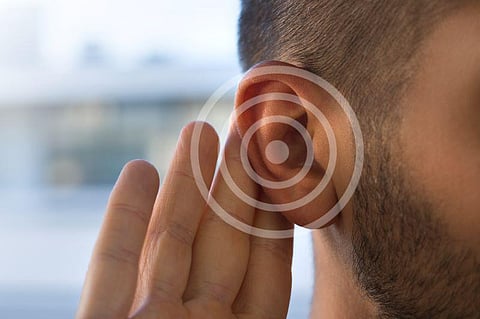TUESDAY, Aug. 23, 2022 (HealthDay News) -- For patients with Meniere disease, most experience preservation or improvement in their hearing through strict clinical management, according to a study recently published in the Journal of Clinical Medicine.
Yi Zhang, from Capital Medical University in Beijing, and colleagues conducted a prospective cohort study involving 154 patients with definite Meniere disease (average age, 43.53 ± 11.40 years). The pure-tone thresholds of all 165 affected ears were analyzed over a one-year clinical management period.
The researchers found that 87.27 percent of patients had improved or preserved their hearing at a low frequency after one year and 71.51 percent had done so at a high frequency. At frequencies from 250 to 2,000 Hz, the hearing threshold had improved significantly, with a slight deterioration at 8,000 Hz. Forty percent of all patients had a hearing average threshold that reached ≤25 dB HL after the clinical management period; 27.27 percent of these were patients in stage 3. The restoration time was 2.5 months (range, 0.5 to 11.0 months), with longer restoration time for stage 3 than stages 1 and 2. Patients who were initially in the earlier stages had an increased odds ratio of hearing by an average of ≤25 dB HL (odds ratio, 2.840). The odds ratio of hearing on average by >25 dB HL was increased with age, peak curve, and flat curve versus rising curve (odds ratios, 1.038, 2.484, and 4.549, respectively).
"Most patients benefitted from criterial clinical management and sufficient observation," the authors write.
Abstract/Full Text


